Let's be honest—fireworks are the heart of a great celebration. But not every sparkler or shell is allowed everywhere.
One of the biggest questions we get at Red Apple Fireworks is, what fireworks are illegal? The answer depends on federal classifications, state-by-state rules, and even your local zip code.
Whether you're a weekend warrior lighting up the backyard or planning a full-scale display for the holidays, knowing what's off-limits is just as important as knowing what's in stock.
In this guide, we'll break down everything you need to know so you can celebrate safely, legally, and with total confidence.
What this article covers:
- How Fireworks Are Regulated in the U.S.
- Fireworks Commonly Banned Nationwide
- State-Specific Fireworks Bans
- Local Ordinances and Seasonal Bans
- Misuse of Fireworks That Leads to Illegality
- Legal Consequences of Possessing Illegal Fireworks
- How to Stay Compliant with Fireworks Laws
How Fireworks Are Regulated in the U.S.
Federal Classifications of Fireworks
Fireworks are classified by the Consumer Product Safety Commission (CPSC) and the Bureau of Alcohol, Tobacco, Firearms and Explosives (ATF).
There are two main categories: 1.3G fireworks (for professional use) and 1.4G fireworks (for consumer use).
Only 1.4G fireworks are available to the public, and they must meet strict safety, labeling, and performance standards. Anything outside those regulations is considered illegal at the federal level.
Why Certain Fireworks Are Banned
Certain fireworks are banned because they're too powerful, too unstable, or too unpredictable for consumer use.
These include items with excessive explosive material, devices modified from their original design, or products lacking proper warning labels.
The goal is to reduce injuries, prevent property damage, and avoid uncontrolled fire hazards. At Red Apple Fireworks, we only carry products that meet federal safety standards—so you can shop without worry.
Fireworks Commonly Banned Nationwide
Illegal Explosive Devices (M-80s, Cherry Bombs, Quarter Sticks)
If it sounds like something from the 1980s, it's probably banned. M-80s, cherry bombs, and quarter sticks are not legal consumer fireworks.
These explosive devices contain far more flash powder than permitted and are classified as illegal explosives.
They're not just banned—they're dangerous and can lead to serious injury or criminal charges.
Reloadable Mortars and Aerial Shell Kits
While some reloadable mortars are legal in certain states, many are not. Aerial shells larger than 1.75 inches in diameter or those sold without proper safety tubes are often classified as illegal.
These items are typically reserved for licensed professionals and are banned in multiple states due to their height, range, and explosive force.

Sky Rockets, Bottle Rockets, and Missile-Type Rockets
These airborne items are banned in several states due to their tendency to veer off-course, cause property damage, or start wildfires.
Even if they're small, their unpredictability makes them a big legal risk in places with tight firework restrictions.
Homemade, Modified, or Unlabeled Fireworks
Making your own fireworks or modifying store-bought items is illegal in all 50 states. If a firework doesn't have a proper label, warning, or manufacturer's information, it's not legal to sell or use.
Homemade devices often lack the built-in safety features of tested consumer products and can be extremely dangerous.
State-Specific Fireworks Bans
States with Broad Fireworks Restrictions
States like Massachusetts, New Jersey, and Delaware have strict bans on nearly all consumer fireworks, including sparklers.
Only professional-grade displays, managed by licensed pyrotechnicians, are permitted in these states. In these areas, even possessing a firework could land you in legal trouble.
Unique Bans by State (e.g., Roman Candles, Spinners, Fountains)
Certain states target specific items. For example, New York prohibits Roman candles, while Illinois limits sales to novelty items like smoke bombs and snappers.
In Minnesota, aerials and explosive fireworks are banned, but ground-based novelties are allowed. Always check your state's list of prohibited items before purchasing.
Safe and Sane Only States: What's Excluded
California and a few other states operate under “Safe and Sane” firework rules.
These allow items that don't fly or explode—like fountains and sparklers—but ban anything that leaves the ground or makes a loud bang.
Knowing what falls outside the “Safe and Sane” label can help you avoid fines or confiscations.
Local Ordinances and Seasonal Bans
Cities and Counties with Full Bans
Even if your state allows consumer fireworks, your city might not. Urban areas like Chicago, Los Angeles (city proper), and New York City enforce local bans regardless of state law.
These restrictions are often based on population density, fire risk, and noise ordinances.
Temporary Bans Due to Weather or Fire Conditions
During dry seasons or droughts, many states and counties implement temporary firework bans to prevent wildfires.
These can be issued just days before major holidays like July 4th, so always check local alerts before planning your display.
Ignoring these bans can result in hefty fines—even if the fireworks themselves are usually legal.

Misuse of Fireworks That Leads to Illegality
Setting Off Legal Fireworks in Prohibited Areas
Even if you buy a firework legally, using it in the wrong place can make it illegal.
Public parks, school zones, and crowded streets often prohibit firework use, no matter the type. Always make sure you're on private property or a designated launch zone.
Violations of Permitted Times or Holidays
Many states restrict fireworks use to specific dates, like July 4th, New Year's Eve, or designated weekends.
Lighting them outside these windows can violate local laws—even if the product is legal to own. Always check your local firework use calendar to stay within bounds.
Use by Underage Individuals or While Intoxicated
Wondering how old do you have to be to buy fireworks? In most states, it's 18. Do you need an id to buy fireworks?
Absolutely—retailers like Red Apple Fireworks require valid ID at the time of purchase. Letting a minor use fireworks or lighting them while under the influence can lead to fines, injuries, or worse.
Legal Consequences of Possessing Illegal Fireworks
State-Level Penalties and Criminal Charges
Penalties for possessing banned fireworks vary by state.
In some areas, it's a misdemeanor with fines; in others, it could lead to criminal charges, especially if injuries or property damage occur. Repeat offenses carry heavier consequences.
What Happens to Confiscated Fireworks
If law enforcement finds illegal fireworks in your possession, they'll be seized on the spot. They won't be returned—even if you claim you didn't know they were illegal.
That's why it pays to shop from trusted, licensed retailers who can guide you.
Additional Fines for Interstate Transport or Sales
Buying fireworks in one state and transporting them to another where they're banned? That's illegal.
Transporting across state lines with prohibited items can result in additional penalties. Retailers are also held accountable, which is why companies like Red Apple Fireworks follow strict shipping regulations.
How to Stay Compliant with Fireworks Laws
How to Tell If a Firework Is Federally Approved
Always look for a manufacturer's label and a “DOT 1.4G” marking.
This means the product has been approved for consumer use under federal law. Anything without proper labeling should be avoided.

Buying from Licensed Vendors Only
Licensed vendors are required to follow federal and state safety standards.
When you shop at Red Apple Fireworks, you're buying from a team that's licensed, trained, and fully informed. That's how we make sure everything we sell is legal and safe.
Where to Look Up Your Local Restrictions
Check your state's fire marshal website or local government page for the most up-to-date firework laws.
Some areas also offer interactive tools that let you enter your zip code for real-time legality checks. We also include legal updates and guidelines on our website to keep our customers informed year-round.
Conclusion
So, what fireworks are illegal? The answer isn't always simple—but it's always important. Certain devices like M-80s, sky rockets, and homemade shells are banned outright, while others may only be restricted by state or local law.
Whether you're planning a big celebration or just grabbing a few sparklers, it's essential to know what you can legally use where you live.
Red Apple Fireworks is here to make that easy. Our products meet all federal and state safety standards, and our team knows how to guide you through the legal landscape, no matter where you're celebrating.
From our firecrackers to our novelty fireworks collections, we've got everything you need to elevate your next holiday or special event. Looking for unbeatable deals?
Join our Club Red Apple® membership and save up to 10% on your next purchase! When you become a member, you unlock exclusive perks and benefits that make every firework show even better.
Ready to make your next event unforgettable? Visit Red Apple Fireworks today and let us help you light up the sky!
If you want to learn more, check out these articles below:
-
Where Are Fireworks Legal
-
Is It Legal to Buy Fireworks Online
- How Do Fireworks Get Their Color?
- What Element Makes Purple Fireworks?
- What Element Will Give Fireworks Their Yellow Color?
- What Makes Fireworks Blue?
- Which Metal Ion Is Responsible for the Red Firework?
- How Does a Firework Work?
- What Chemicals Are Used in Fireworks?
- What Minerals Are Used to Make Gold Sparks Fireworks?
- What Three Processes Cause Fireworks to Emit Light?
- What Problem Occurs If the Firework Mixture Is Not Pure?
- How Do Fireworks Work?
- Chemistry of Fireworks
- How Are Metallic Salts Used in Fireworks?



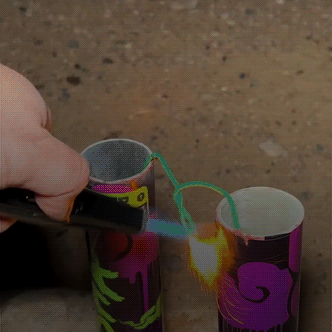
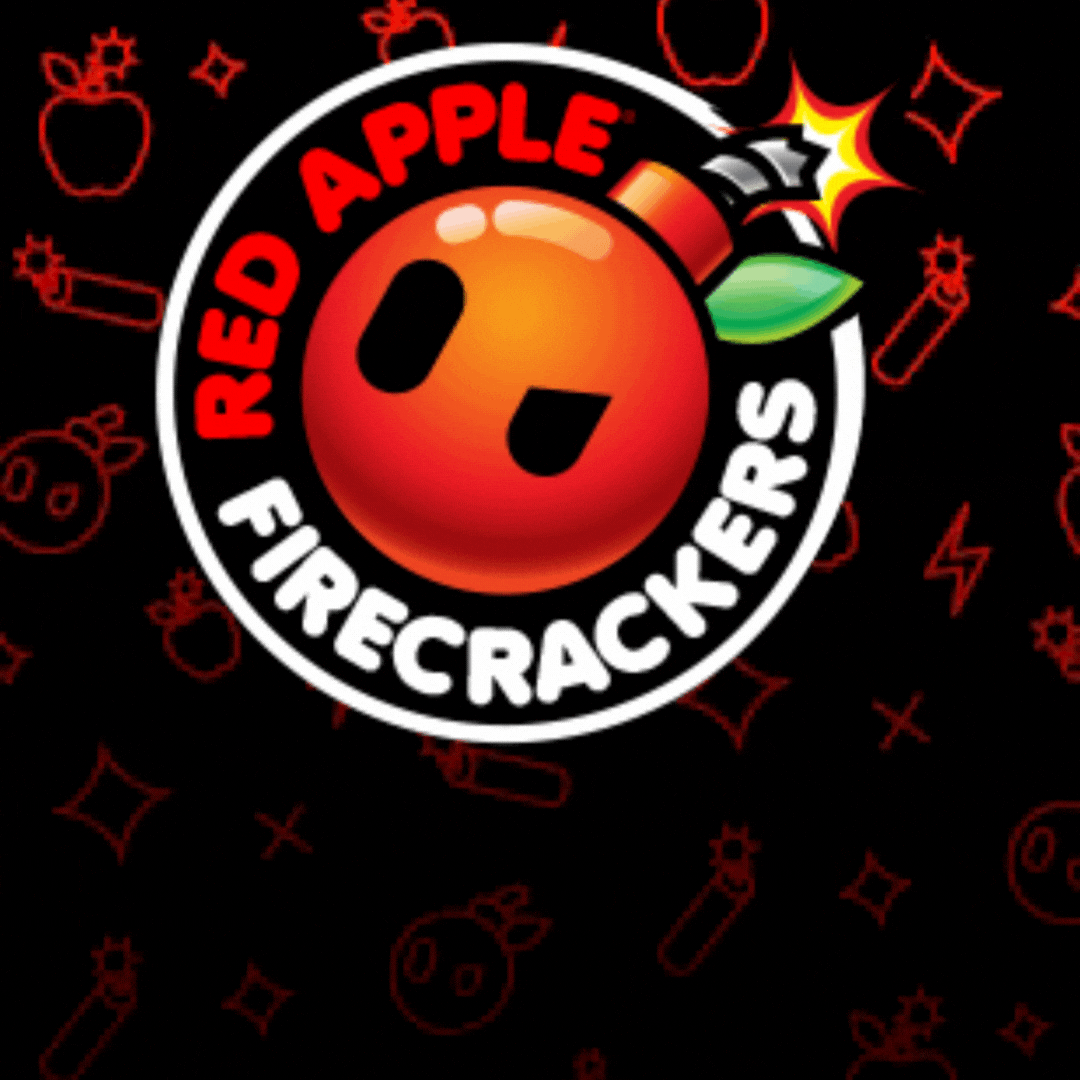
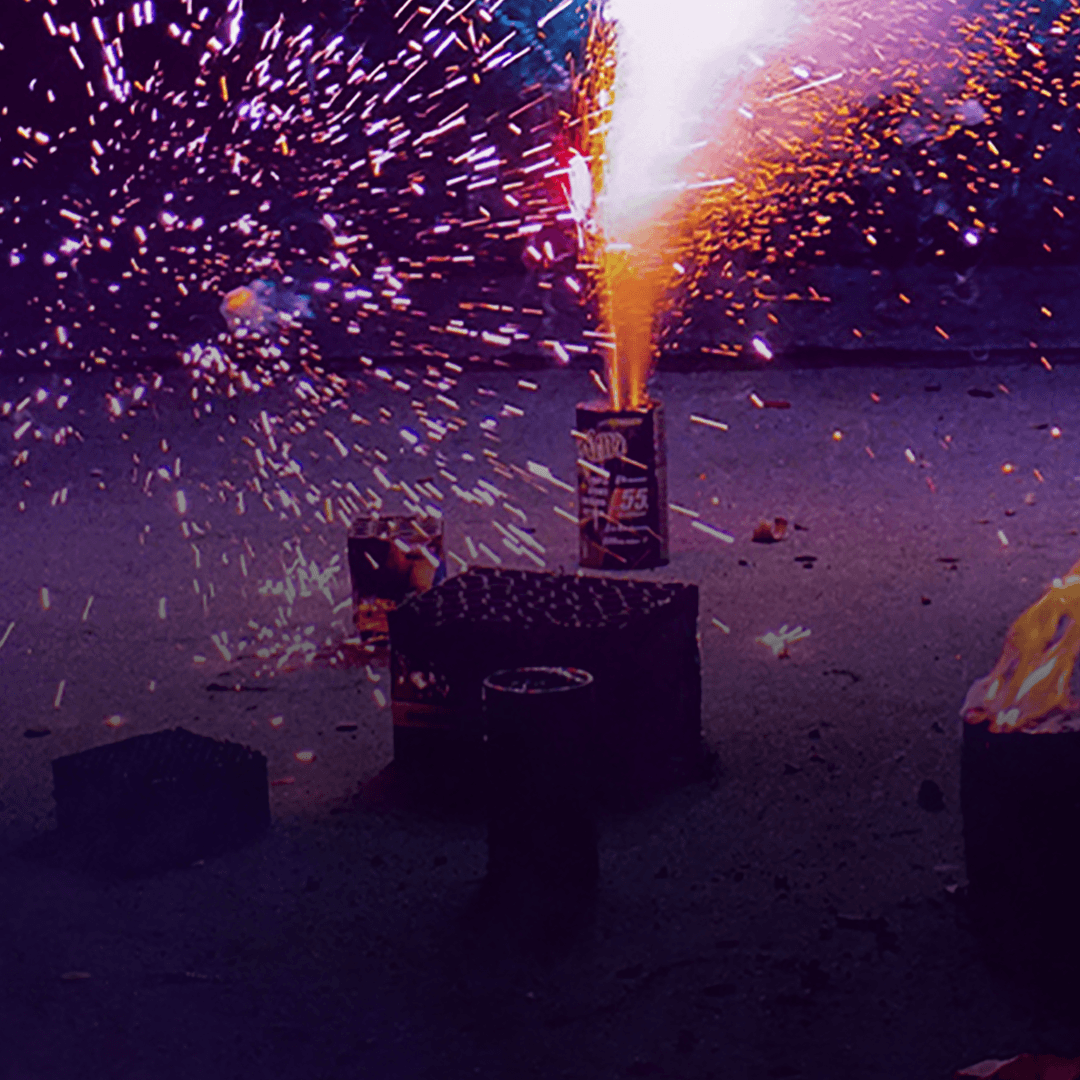
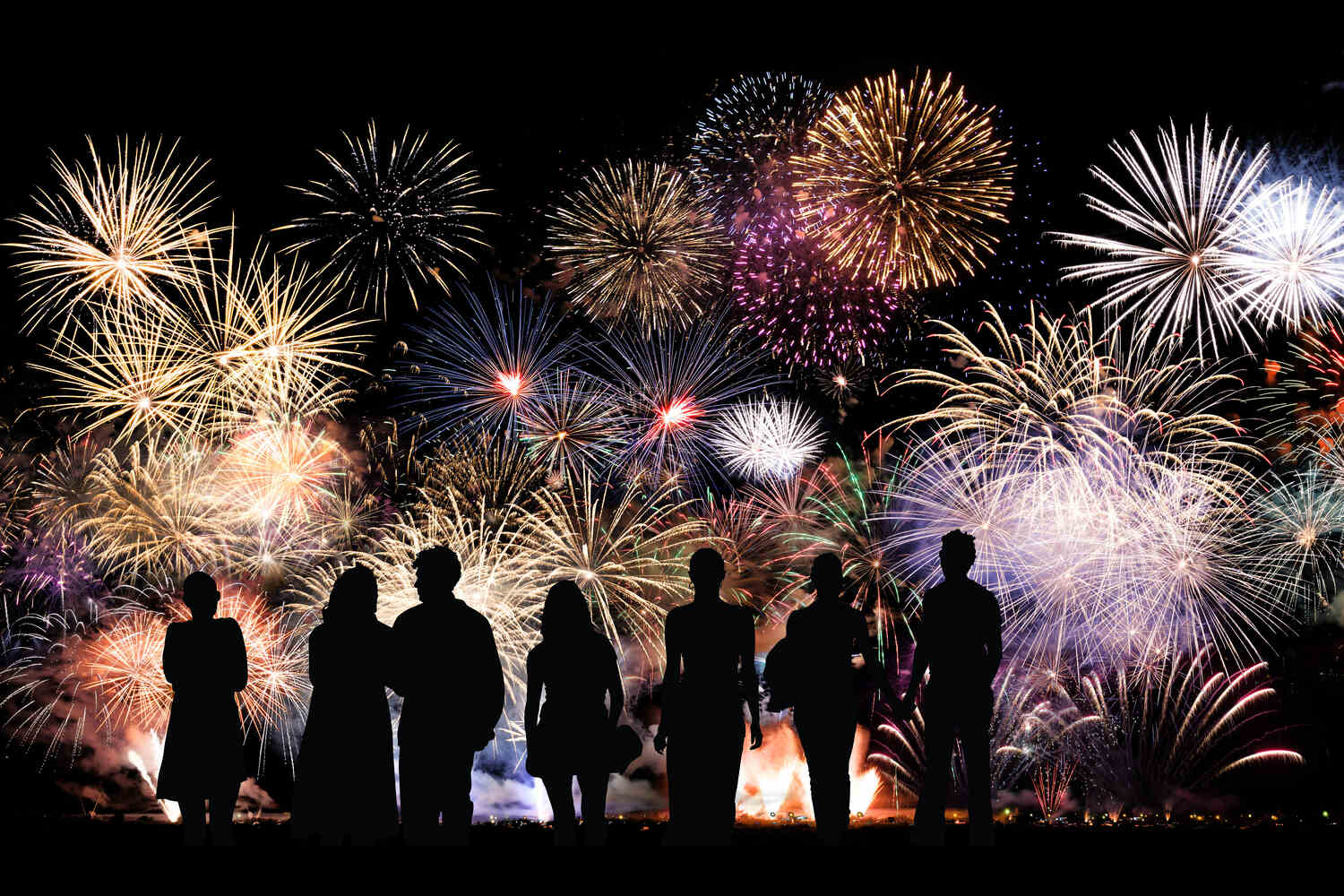
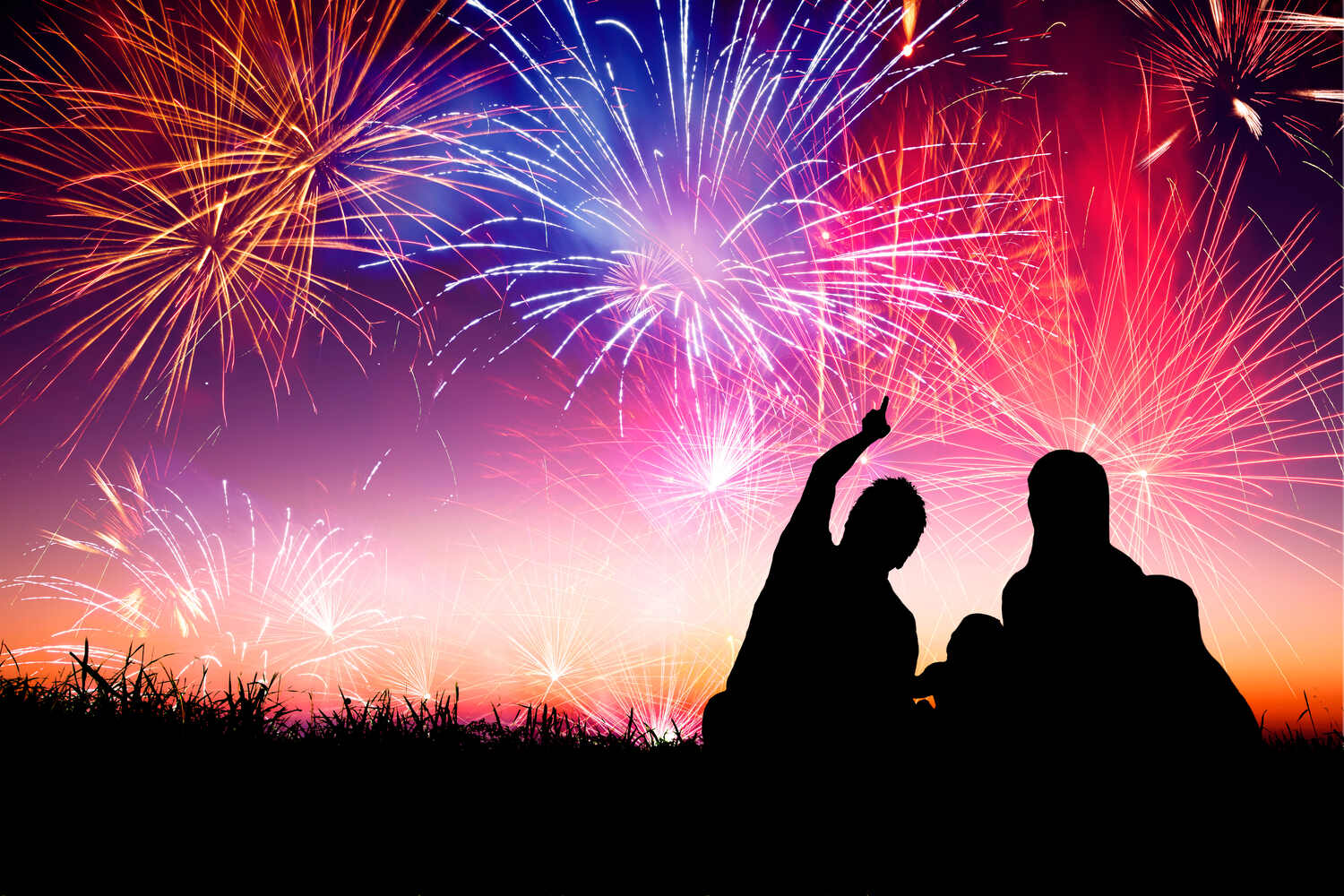
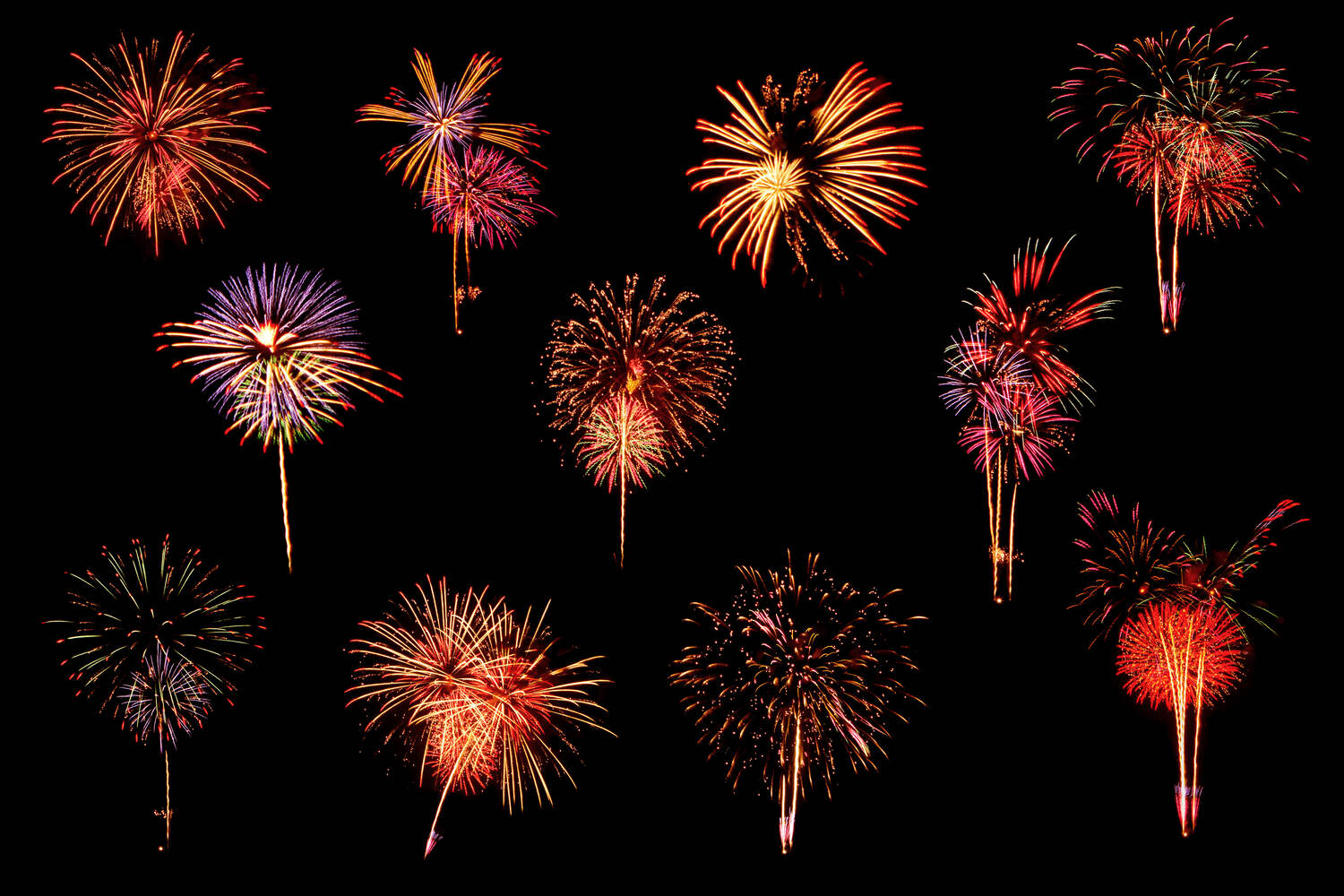
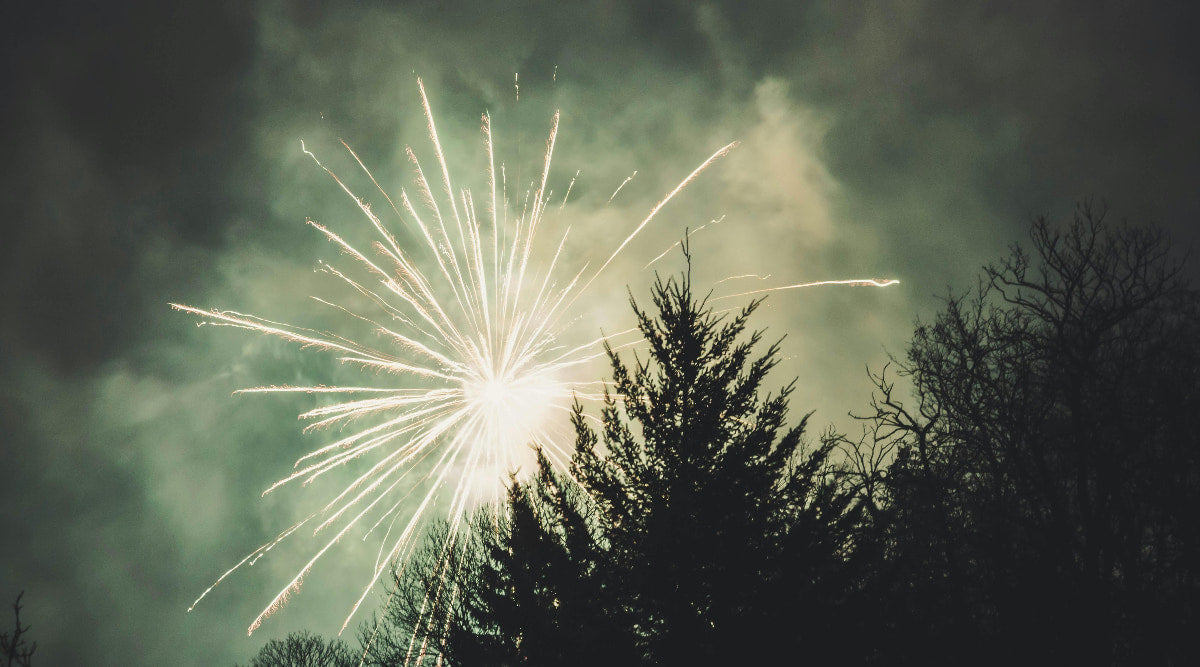
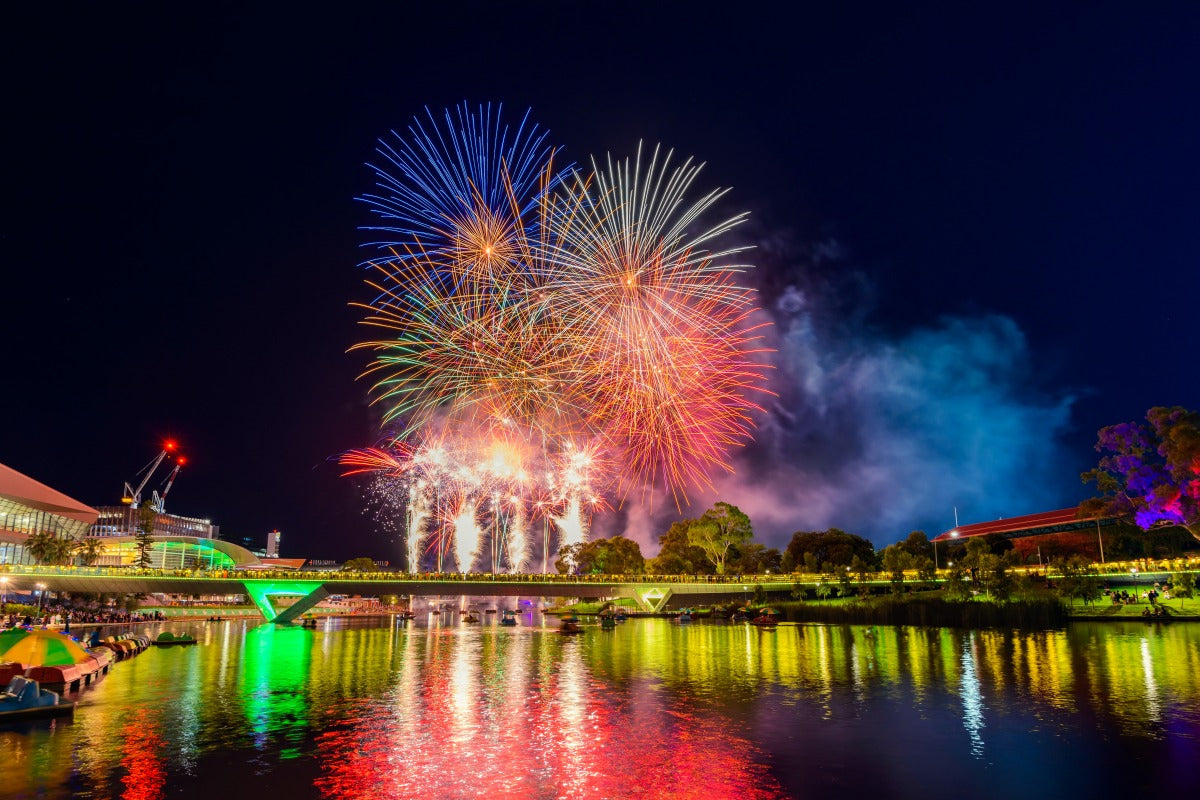
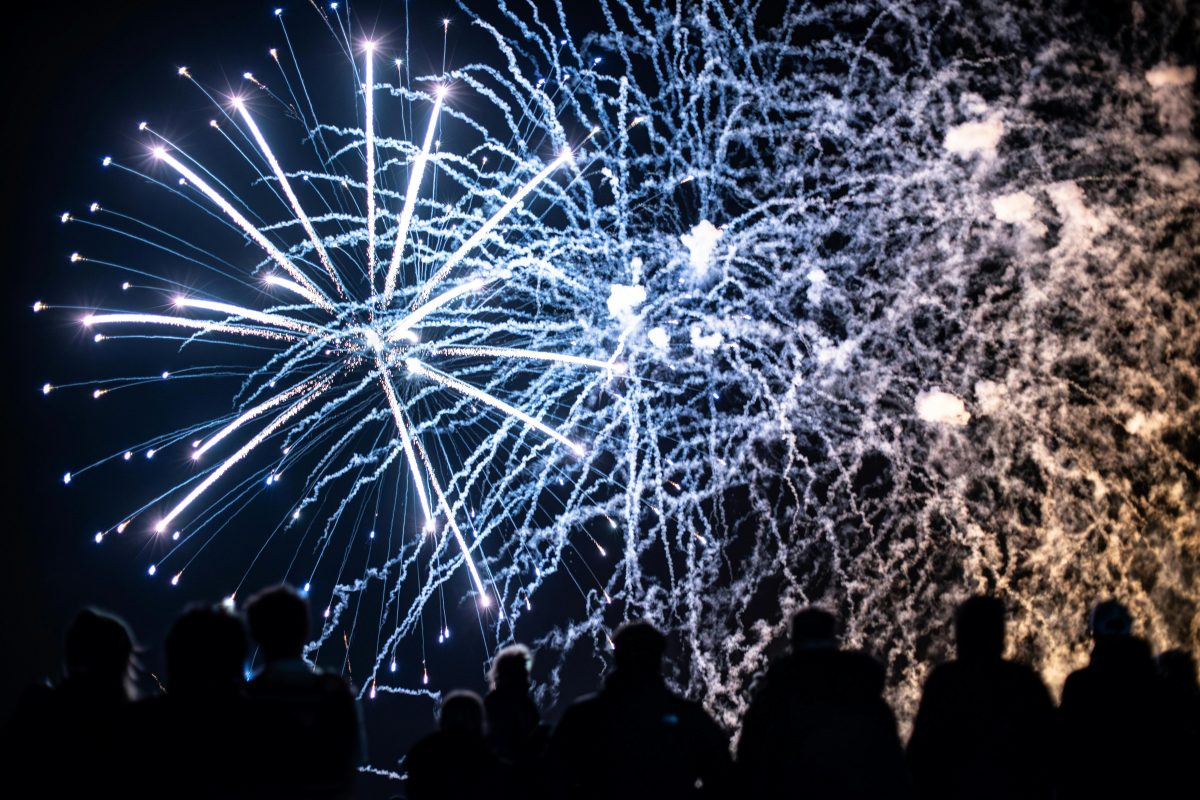
Leave a comment
All comments are moderated before being published.
This site is protected by hCaptcha and the hCaptcha Privacy Policy and Terms of Service apply.